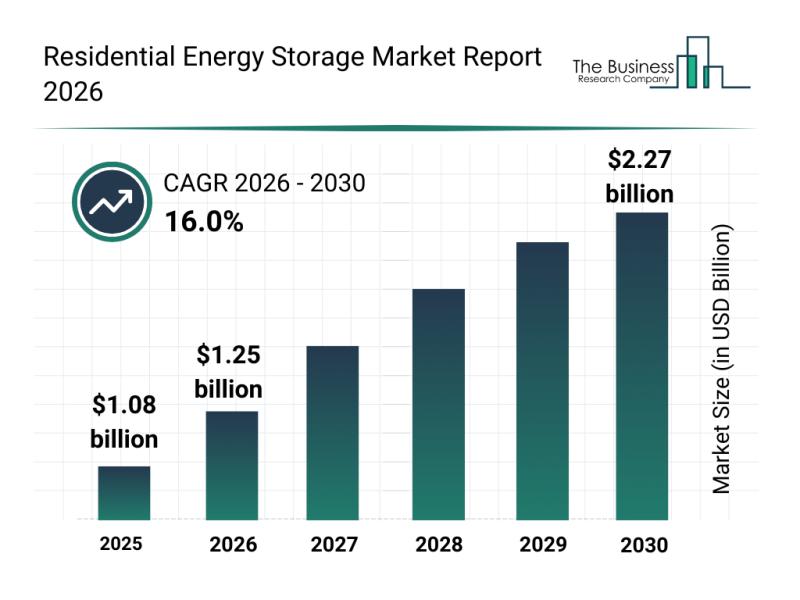As electric vehicles (EVs) become more common in households worldwide, the need for reliable and efficient home charging solutions continues to rise. For most EV owners, having a dedicated charging station at home means convenience, control, and the assurance that their car will always be ready for the next journey. However, one key decision often gets overlooked — should you install your EV charger indoors or outdoors?
This article explores the main differences between indoor and outdoor EV chargers, key installation considerations, and how to select the right 7kW home EV charger station to fit your lifestyle.
1. Understanding Home EV Charger Options
Before deciding where to install your charger, it’s essential to understand the technology behind modern EV charging systems.
The 7kW Home EV Charger Station with WiFi for Indoor/Outdoor Use from Solarsonc Energy is an AC charging solution designed for both residential and business use. It offers multiple smart features such as WiFi, Bluetooth, and RFID functions, ensuring secure, connected, and user-friendly operation.
Available in 7kW, 11kW, and 22kW variants, the charger supports multiple connector types, including GBT, Type 1, and Type 2, making it compatible with a wide range of electric vehicles. Its versatility and durability make it an excellent choice for any installation environment.
2. Indoor EV Chargers: Safety and Convenience in Your Garage
Installing your EV charger indoors — such as in a garage or enclosed parking area — offers several practical advantages.
Key Benefits of Indoor Installation:
Enhanced Protection: Indoor setups keep the charger shielded from harsh weather conditions like rain, humidity, or direct sunlight, extending its lifespan.
Added Security: A garage or private space reduces the risk of unauthorized use or vandalism, especially when using RFID access control.
Consistent Performance: Indoor temperatures are more stable, which helps maintain optimal charging efficiency and reduces wear on internal components.
Ideal Users:
Homeowners with a private garage or covered parking area will find indoor charging both practical and efficient. It’s a low-maintenance option that integrates seamlessly with smart home systems, allowing remote monitoring through WiFi or Bluetooth.
3. Outdoor EV Chargers: Flexibility and Accessibility
For those without indoor parking, an outdoor installation is the ideal solution. Outdoor EV chargers are designed with durability and safety in mind, capable of withstanding environmental challenges.
Advantages of Outdoor Installation:
Weatherproof Design: High-quality chargers like GXY’s model feature robust enclosures with high IP ratings, protecting against rain, dust, and temperature fluctuations.
Flexible Access: Outdoor setups allow easier access for multiple vehicles or visitors, especially in homes with driveways or shared parking spaces.
Professional Aesthetics: Modern outdoor chargers feature compact, sleek designs that complement residential exteriors while providing powerful charging capabilities.
Installation Considerations:
Outdoor chargers require proper grounding, certified waterproof cabling, and professional installation to ensure safety and compliance with local electrical codes.
4. Comparing Indoor and Outdoor EV Chargers
Here’s a quick overview comparing both installation types:
|
Feature |
Indoor EV Charger |
Outdoor EV Charger |
|
Protection from Weather |
Excellent |
Requires weatherproof casing |
|
Security |
Higher (controlled access) |
Lower, unless RFID-enabled |
|
Installation Cost |
Lower |
Slightly higher (weatherproofing) |
|
Maintenance |
Minimal |
Occasional inspection needed |
|
Accessibility |
Limited to one vehicle |
Ideal for multiple vehicles or visitors |
Both options deliver efficient charging, but your choice depends largely on your property type and how you plan to use your EV charger.
5. Smart Charging Features for Both Settings
Whether installed indoors or outdoors, a WiFi-enabled EV charger brings added intelligence and convenience to your daily routine.
Key Smart Features:
WiFi and Bluetooth Connectivity: Enables remote monitoring, scheduling, and usage tracking through mobile apps or home automation systems.
RFID Authentication: Prevents unauthorized access and allows personalized usage tracking for multiple users.
Dynamic Load Management: Adjusts power output based on real-time grid demand, optimizing efficiency and reducing energy costs.
Customizable Plug Options: Solarsonc offers Type 1, Type 2, and GBT connectors to match various regional standards and vehicle models.
These advanced capabilities not only enhance user experience but also align with the global shift toward smart energy ecosystems.
6. Why 7kW Is the Ideal Home Charging Power
For most homeowners, a 7kW AC charger strikes the perfect balance between charging speed, safety, and power availability. It typically delivers around 30–40 kilometers (18–25 miles) of range per hour of charging — ideal for overnight replenishment.
Compared to higher-capacity commercial chargers (such as 11kW or 22kW), the 7kW model fits nearly all home EVs (no equipment waste), works with standard 220V household power (easy to install), costs less upfront and long-term, and charges gently to protect the battery. 11kW/22kW require 380V three-phase power (hard to access in many communities), have narrow vehicle compatibility, and offer little practical benefit for overnight home charging—making 7kW the most cost-effective and user-friendly choice. It’s the preferred choice for daily residential EV charging, offering reliability and efficiency in both indoor and outdoor setups.
7. The Solarsonc Advantage: Reliable Energy Solutions
Jiangsu GXY New Energy Co., Ltd. combines cutting-edge technology with robust manufacturing expertise to deliver trusted energy storage and charging products worldwide.
Backed by the listed company Jiangsu Yinhe Electronics Co., Ltd. (Stock Code: 002519), Solarsonc focuses on high-efficiency and high-safety energy systems. Its production base spans 300,000 square meters, employing over 2,500 staff and 100+ R&D engineers.
From energy storage cells to EV charging systems, Solarsonc’s products embody precision, safety, and adaptability for both residential and industrial applications.
8. Making the Right Choice for Your Home
When selecting between indoor and outdoor EV chargers, consider your home’s structure, available space, and climate.
If you have a garage, an indoor charger provides better protection and integration with your home energy system.
If you park outdoors, choose a weatherproof, WiFi-enabled charger designed for reliable performance under various conditions.
The 7kW Home EV Charger Station with WiFi for Indoor/Outdoor Use is designed precisely for this flexibility. It combines intelligent connectivity, safety features, and durable construction—making it one of the most versatile home charging solutions available today.
9. Final Thoughts
The shift toward electric mobility brings not only convenience but also responsibility — to choose sustainable, efficient, and reliable technology. With smart home-compatible chargers like Solarsonc’s WiFi-enabled 7kW model, EV owners can enjoy seamless charging experiences whether in a private garage or open driveway.
Ultimately, the right charging station is one that fits your home, supports your lifestyle, and aligns with your sustainability goals.
www.gxyenergy.com
JIANGSU GXY NEW ENERGY CO LTD


